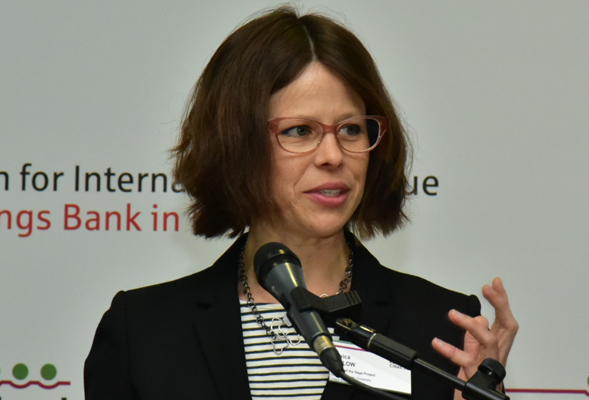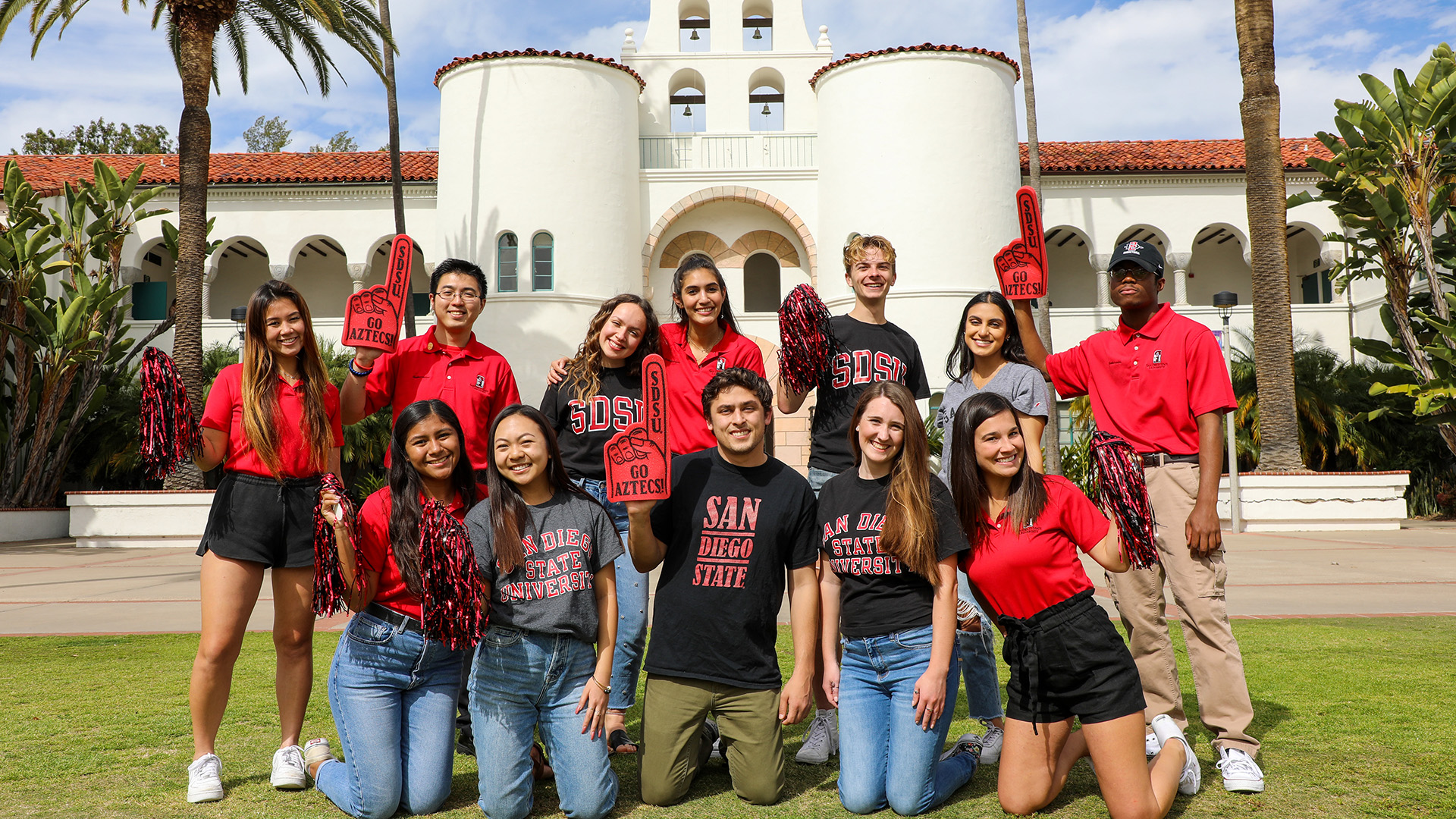Sage Project Shares Ideas Internationally
Jessica Barlow, director of the Sage Project, traveled to Germany to explore how SDSUs experiences could be applied on an international level.

The Sage Project is taking its mission to the next level. Sage Project Director Jessica Barlow recently traveled to Germany to speak at the Resilient Cities 2016 conference, addressing elected city and government officials and nonprofit staff from around the world.
Barlow was part of a panel of speakers sharing approaches to connecting universities with communities. This is something the Sage Project has done in San Diego under the umbrella of Educational Partnerships for Innovation in Communities Network (EPIC-N) since 2013.
“EPIC-N has mostly been focused on spreading this model in the United States,” Barlow said. “Communities around the world have issues they would like to address and those attending the conference were exploring innovative ways to fix these problems with resources that are already out there.”
EPIC-N programs like the Sage Project enable communities to tap into the talents and energy of local university students and faculty to accomplish critical projects. Cities that are pressed for time, staff members and money benefit from the resources provided by the universities, while students are rewarded when their ideas come to fruition in the community.
“Every year, hundreds of our students benefit from the transformational education opportunities afforded by the real-world sustainability projects offered through the Sage Project,” said President Elliot Hirshman. “This grass-roots effort is a testament to the commitment from our students, faculty and staff to support our community and create a brighter future for our region."
Barlow’s talk about the EPIC-N model, and the Sage Program in particular, received positive feedback at the conference in Germany, she said. Barlow was approached by representatives from a number of African countries, including Mozambique and Uganda, who wanted to learn more about the model of partnerships between universities and communities.
But to Barlow, the most promising connection she made at the conference was with representatives from the United Nations Habitat.
“UN-Habitat representatives approached me to see if the Sage Project would consider implementing some of their existing toolkits in upcoming projects,” Barlow said. “These toolkits provide strategies to implement sustainability goals. In return for our commitment to use these strategies, UN-Habitat could help spread the word about EPIC-N internationally.”
The cost of Barlow’s weeklong trip to Germany was fully funded by a grant from the National Science Foundation.



